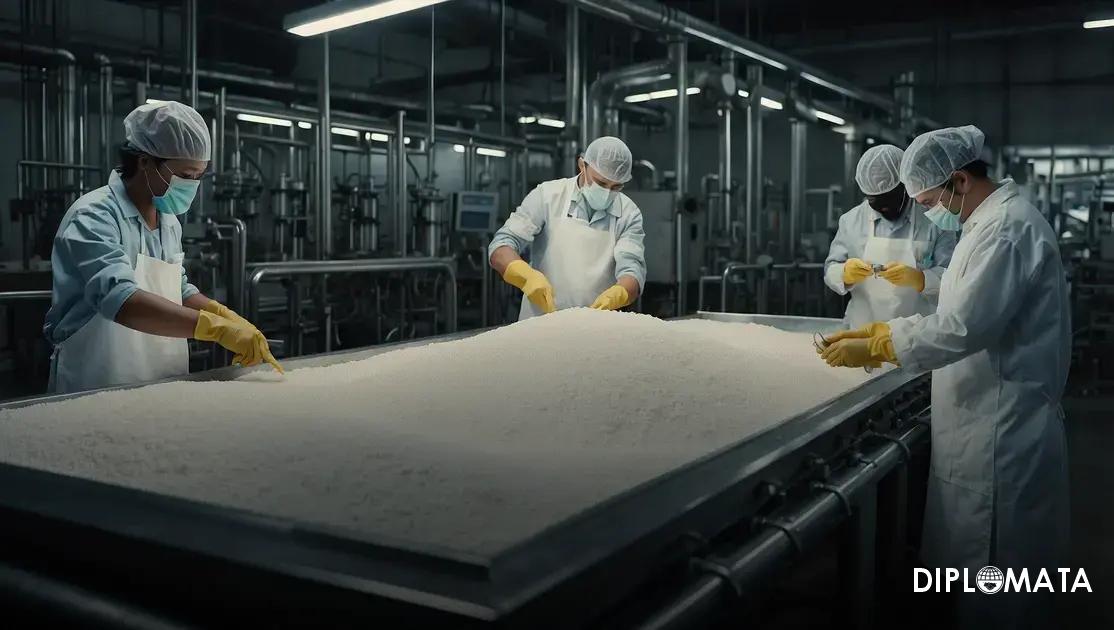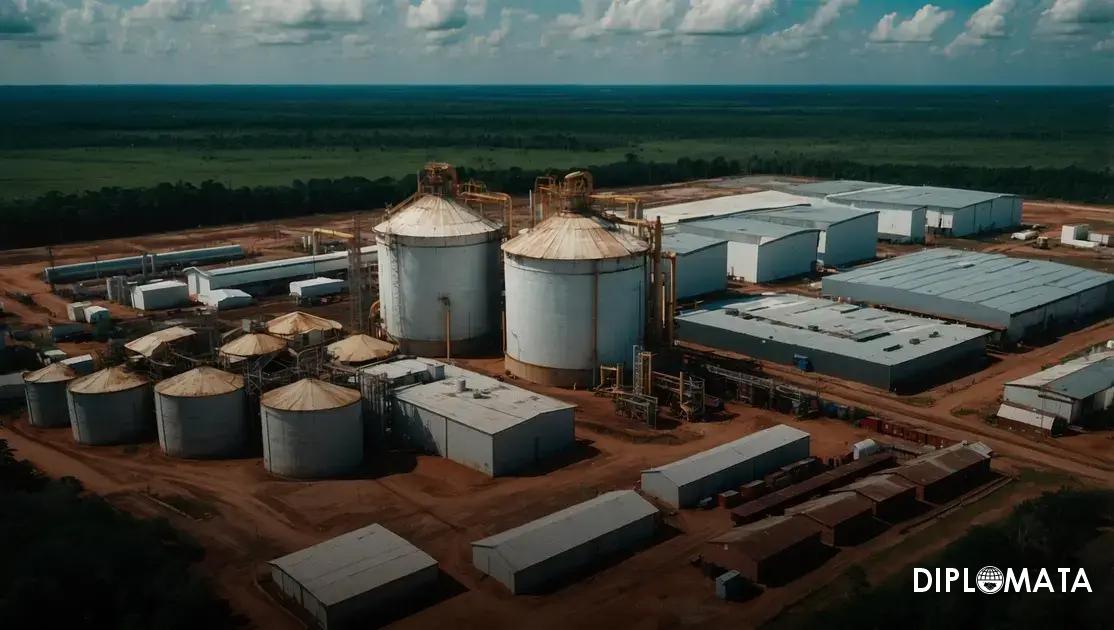Understanding Chemical Trade Compliance
Chemical trade compliance refers to the adherence to a series of laws, regulations, and standards that govern the international trade of chemicals, including their export and import. For companies engaged in the chemical industry, such as DIPLOMATA, compliance is crucial to ensure that the products, specifically USP-Grade Propylene Glycol, meet both domestic and international regulatory requirements. This includes ensuring that all chemicals are safely transported, accurately labeled, and properly documented to prevent legal issues and promote safe trade practices.
Importance of Regulatory Frameworks
The regulatory frameworks governing chemical trade compliance vary significantly by region and country. In the United States, agencies like the Environmental Protection Agency (EPA) and the Occupational Safety and Health Administration (OSHA) enforce regulations that impact how chemicals are handled, stored, and transported. Companies like DIPLOMATA must navigate these regulations to ensure that their USP-Grade Propylene Glycol is compliant, thus ensuring both safety and legality in all transactions.
Hazardous Materials Regulations
Hazardous materials regulations play a pivotal role in chemical trade compliance, especially in the transportation of chemicals. These regulations dictate how hazardous materials should be classified, packaged, and labeled during transit. For DIPLOMATA, understanding and adhering to these regulations is essential for the safe and compliant delivery of USP-Grade Propylene Glycol to clients across the U.S., minimizing potential risks associated with chemical exposure.
International Trade Agreements
International trade agreements significantly influence chemical trade compliance by setting forth the legal frameworks through which countries can engage in the exchange of chemical products. These agreements can affect tariffs, import quotas, and regulatory standards. For DIPLOMATA, awareness of these agreements is crucial to strategically position its USP-Grade Propylene Glycol in the U.S. market while ensuring compliance with all relevant laws.
Documentation and Record-Keeping
Proper documentation and record-keeping are fundamental components of chemical trade compliance. Companies must maintain accurate records of all transactions, including invoices, shipping documents, and safety data sheets (SDS). DIPLOMATA places a strong emphasis on meticulous documentation to demonstrate compliance with U.S. regulations and to provide transparency to clients purchasing USP-Grade Propylene Glycol.
Compliance Training and Education
Training and educating employees on chemical trade compliance is vital for any organization involved in the chemical supply chain. Continuous education ensures that all staff members are aware of the latest regulations and best practices in handling chemicals. DIPLOMATA invests in comprehensive training programs to equip its team with the knowledge necessary to maintain compliance, particularly in the export of USP-Grade Propylene Glycol.
Risk Management in Chemical Trade
Effective risk management strategies in chemical trade compliance help mitigate potential legal and financial repercussions from non-compliance. Companies must assess their operations, identify potential risks, and implement measures to manage those risks. For DIPLOMATA, this includes evaluating the supply chain processes involved in the export of USP-Grade Propylene Glycol to ensure adherence to all regulatory standards.
The Role of Compliance Audits
Compliance audits are essential for identifying gaps in adherence to chemical trade regulations. Regular audits help organizations like DIPLOMATA evaluate their compliance status regarding the export of USP-Grade Propylene Glycol and make necessary adjustments. These audits are crucial for maintaining high standards of quality and reliability in global shipping.
Future Trends in Chemical Trade Compliance
The landscape of chemical trade compliance is continually evolving due to changes in regulations, technological advancements, and shifts in global trade dynamics. Companies must stay informed about emerging trends that could impact their compliance strategies. DIPLOMATA actively monitors these trends to ensure its processes for exporting USP-Grade Propylene Glycol remain aligned with best practices and legal standards.


